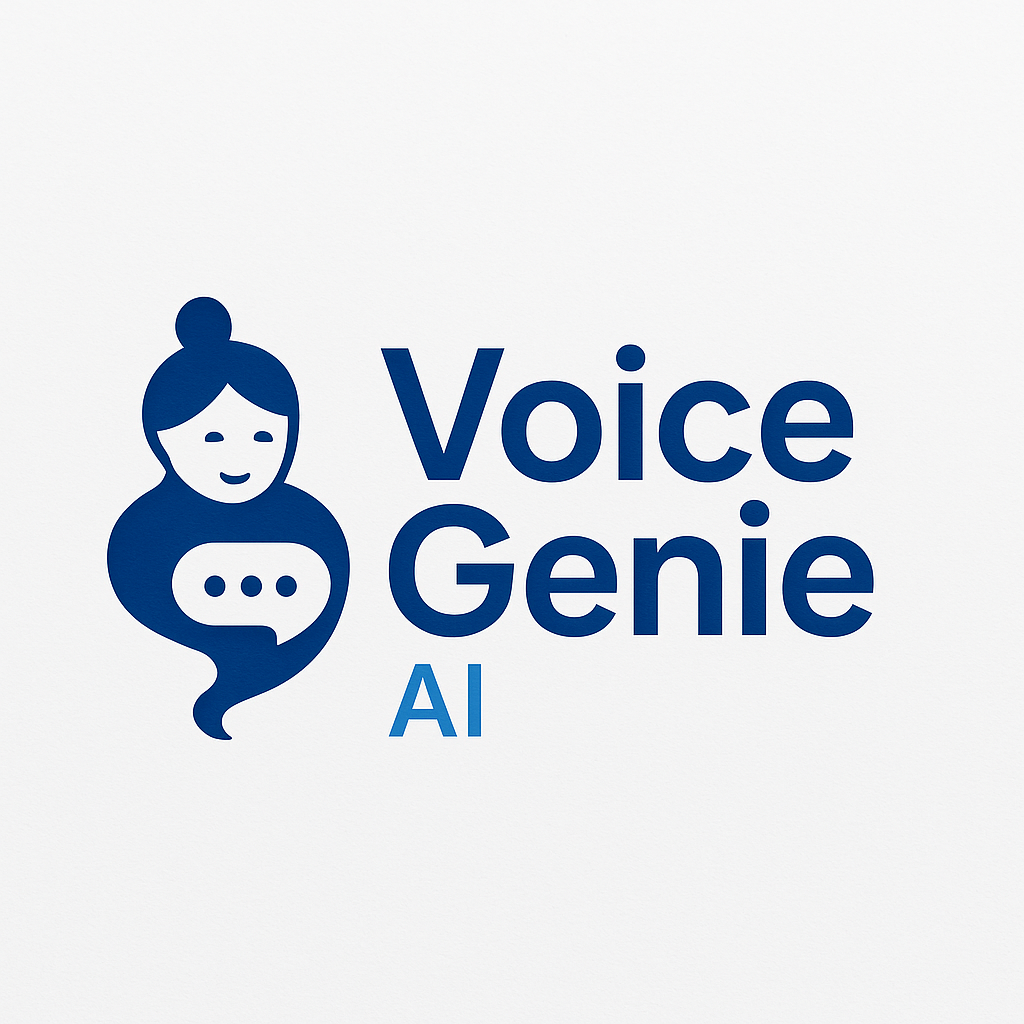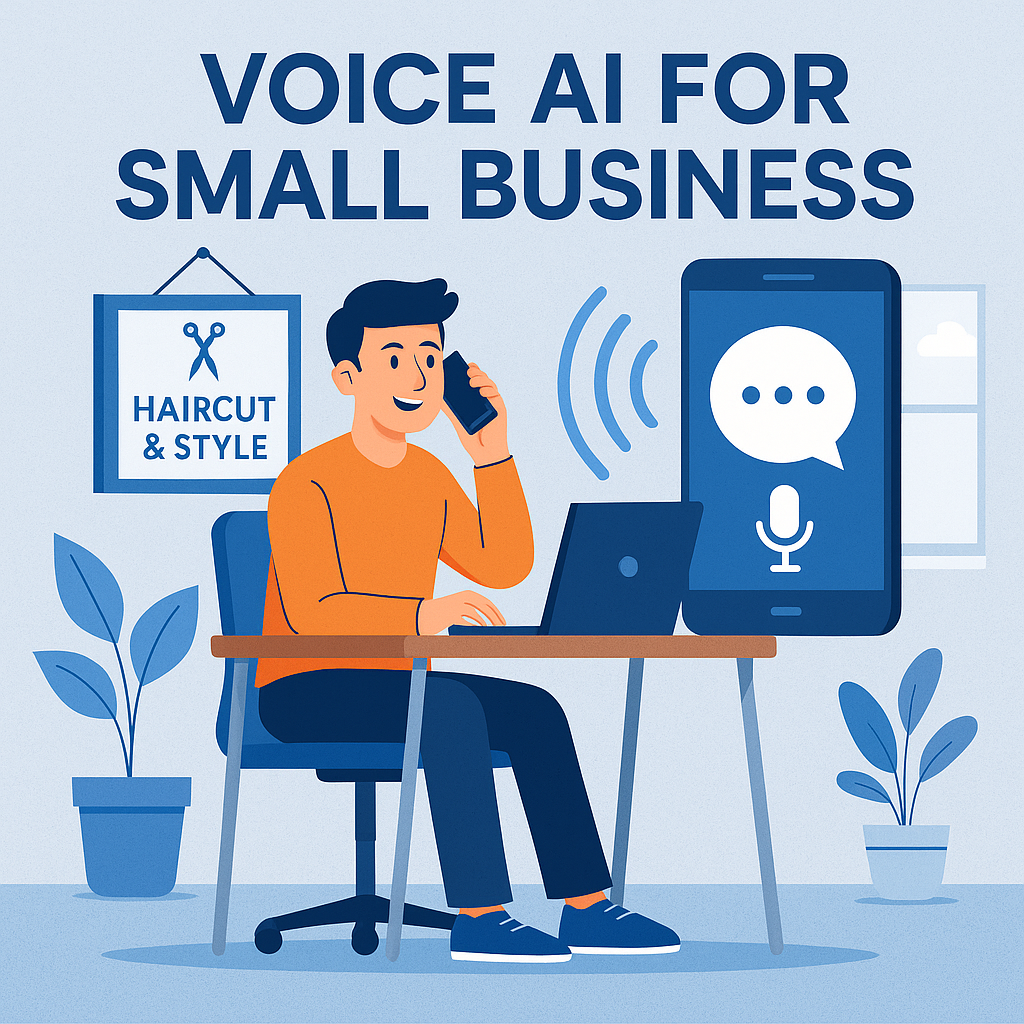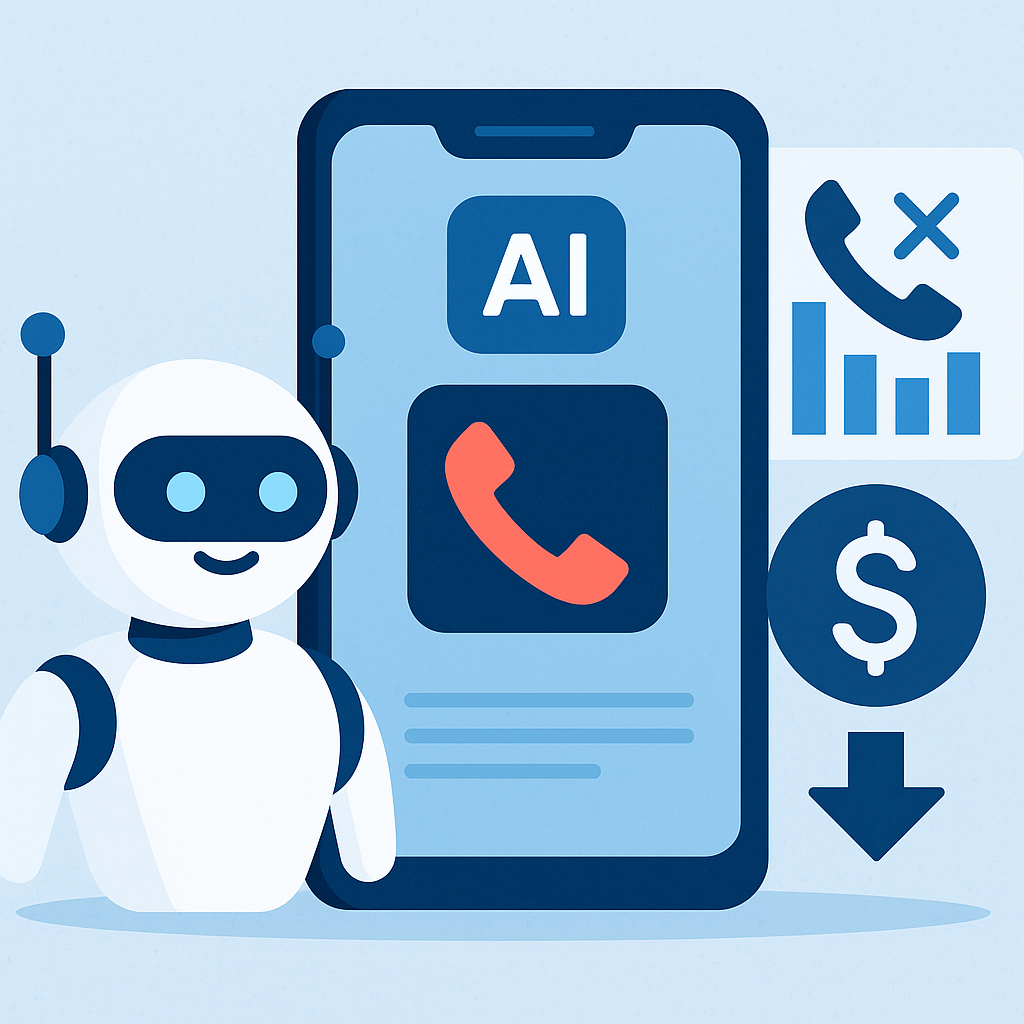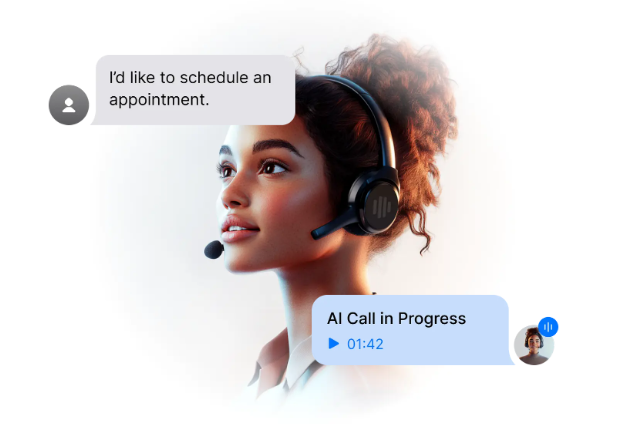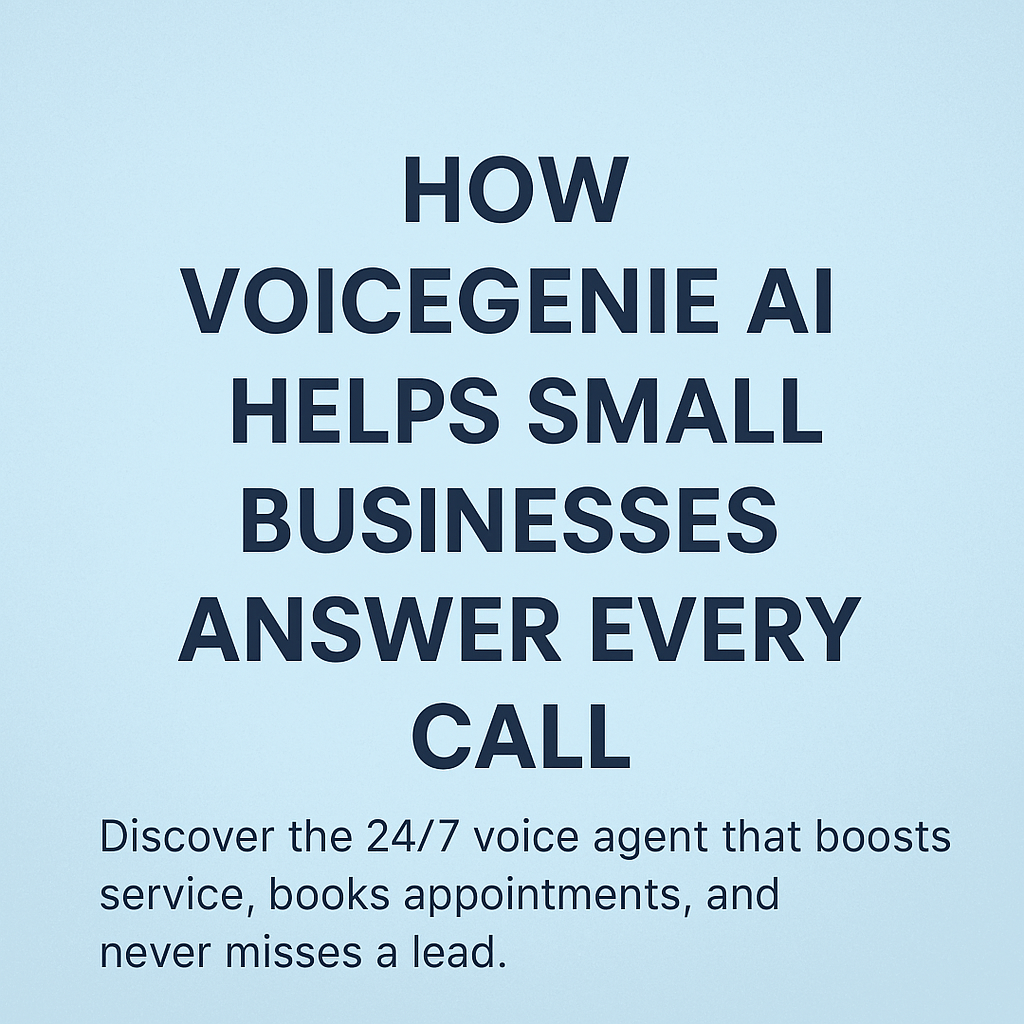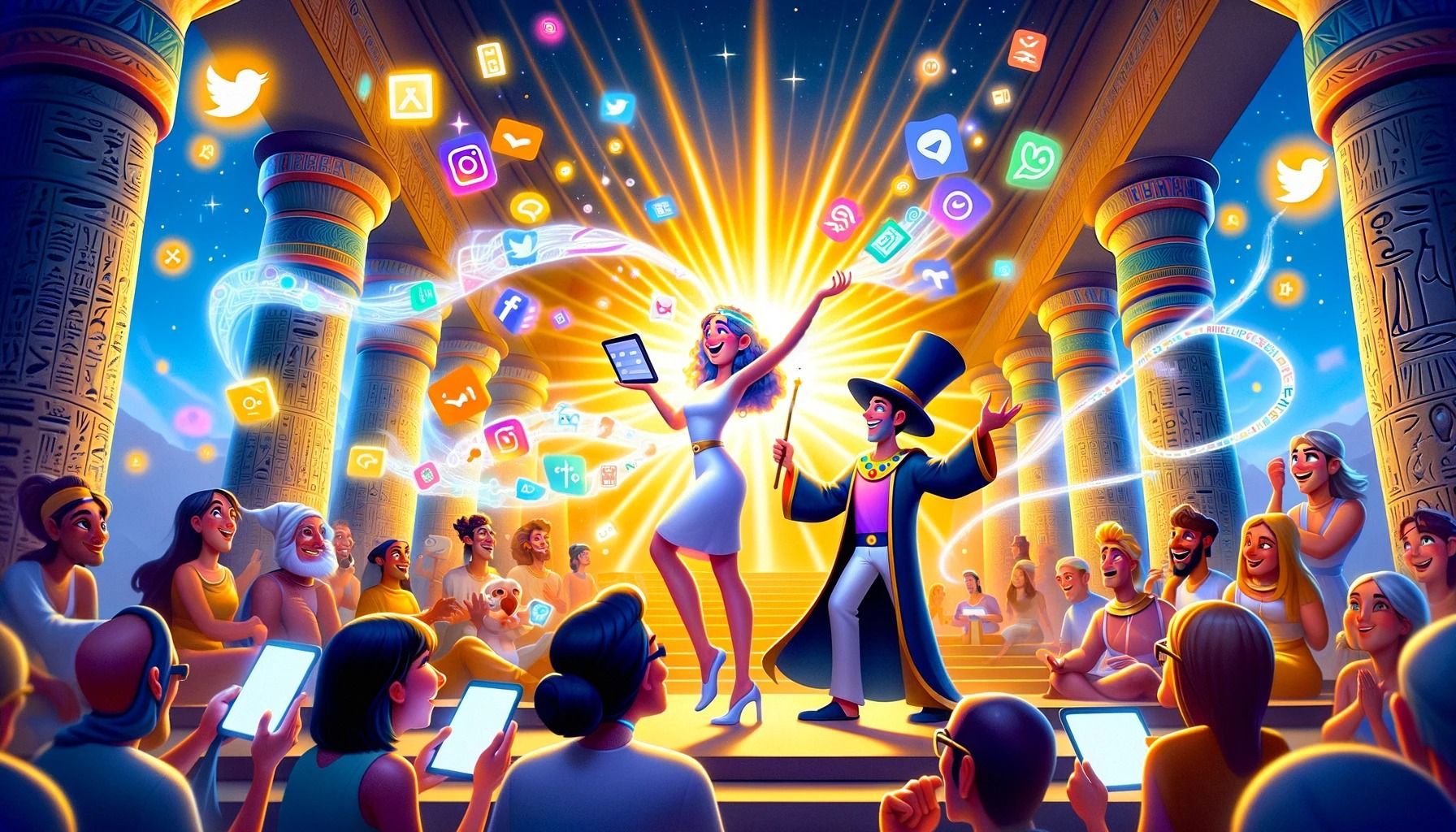AI in the Workplace: Transforming the Future of Work
Artificial intelligence (AI) is reshaping the workplace, revolutionizing business operations and altering job functions. This technological advancement is forecasted to have a profound impact on the global economy by transforming the labor market.
Organizations integrate AI into their environments using technologies like machine learning and natural language processing. These tools simulate human intelligence to solve problems, make decisions, and perform tasks traditionally managed by humans. By analyzing data and recognizing patterns, AI can streamline processes, boost productivity, automate repetitive tasks, and aid in decision-making.
Key technologies driving AI deployment in the workplace include:
- Machine Learning: Enhances AI's ability to mimic human learning through algorithms, continually improving functionality.
- Natural Language Processing (NLP): Enables AI to understand and interact in human language.
- Generative AI: Popularized by tools like ChatGPT, allows AI to create original content based on user inputs.
- Robotic Process Automation (RPA): Automates repetitive office tasks, enhancing efficiency.
From digitizing records to translating languages, AI's application is vast. In sectors like healthcare, insurance, and banking, AI enhances research, cybersecurity, and customer experiences through virtual assistants like chatbots.
Embracing AI offers numerous benefits including increased revenue, leveraging data, improving customer experience, enhancing employee well-being, competitive advantage, and fostering innovation. AI allows businesses to optimize operations and encourage creativity by handling routine tasks and offering insightful data analysis.
AI is utilized across various business functions such as IT, customer service, supply chain, HR, sales, marketing, operations, and finance. For instance, AI optimizes inventory, enhances customer service with real-time responses, and automates recruitment processes. It also drives personalized marketing and improves financial risk management.
To effectively deploy AI, businesses should:
- Define clear business objectives and align AI strategies accordingly.
- Assess current capabilities and ensure data readiness.
- Develop a robust data strategy and governance policies.
- Ensure organizational readiness with the right skills and collaboration.
- Start small, test, and scale AI implementations cautiously.
The adoption of AI is predicted to automate a significant portion of work hours, highlighting the need for workforce upskilling. As AI becomes an integral part of operations, maximizing human-machine interactions will be crucial for future productivity.

